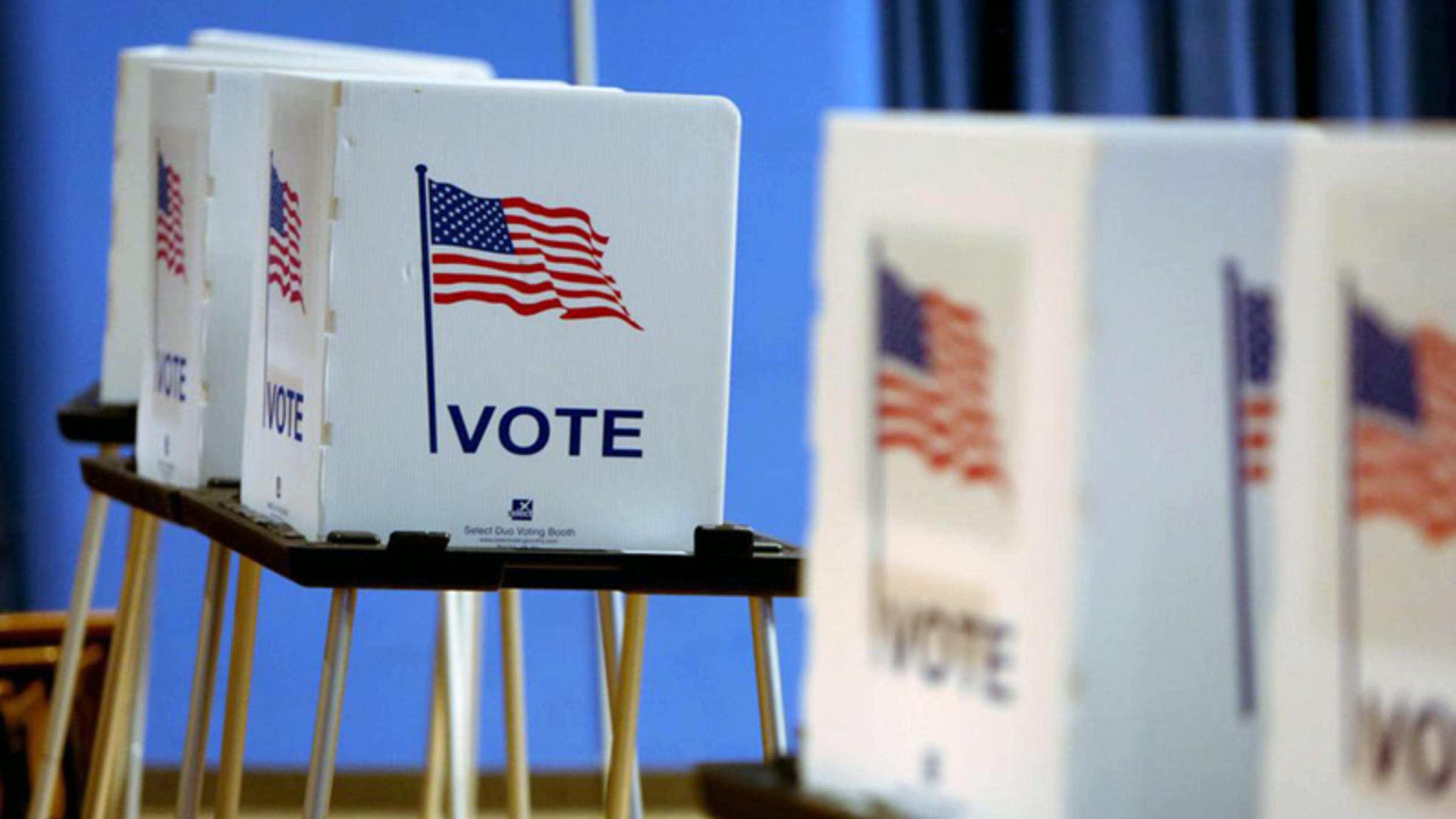Poll watchers: What Georgia voters need to know

When President Donald Trump asked his supporters to watch the polls “very carefully” during the first presidential debate, he thrust the role of poll watchers into the spotlight.
Even if the president was not referencing officially appointed partisan poll watchers, the role does exist in Georgia, and poll watchers may be present at your polling place. So, who are poll watchers and what are their duties?
Though it varies from state to state, poll watchers are generally appointed by their political parties to monitor an election to ensure a fair outcome. In Georgia, state law requires poll watchers to identify themselves by wearing a badge that says “Official Poll Watcher."
In national elections, each political party can appoint two poll watchers per voting precinct and two per tabulating center. Poll watchers are allowed inside the polling place and throughout the tabulating center to observe the conduct of the election officials recording and counting votes. They also track their own party’s Election Day turnout.
Many voters may not see poll watchers at all. With more than 3,000 voting precincts in the state of Georgia, it’s extremely unlikely that every single one will have poll watchers. Poll watchers are more likely to be deployed to precincts that will be closely contested or those that are perceived to have had issues in the past such as long lines, Republican National Committee counsel Justin Riemer told The Washington Post.
Poll watchers are not allowed to interfere with the election in any way. They are prohibited from speaking to voters, checking electors’ lists and using cameras or recording devices, including cellphones. Poll watchers who violate any of these conditions can be asked to leave by the polling place manager. Any voter can report a poll watcher’s inappropriate behavior to an election worker if necessary.
If poll watchers notice any irregularities or want to challenge a voter’s eligibility, they must bring the issue to the election superintendent, the top election official in the county. They cannot challenge the voter directly. The superintendent will decide how to proceed based on the poll watcher’s concerns.
Both the Democratic and Republican parties of Georgia allow volunteers to sign up to be poll watchers on their websites.
For those unable to register as poll watchers or who are not selected for the role by their political party, both parties have many other volunteer opportunities. All voters have the right to report any suspicious activity or concerns to the election officials at their polling place. However, if a voter is actively campaigning on behalf of a candidate or appears to be intimidating other voters, he or she would be in violation of federal law. If the illegal behavior continues, poll workers could have the voter removed from the polling place by law enforcement.
This will be the first national election in nearly 40 years in which the Republican National Committee may appoint poll watchers without added restrictions. The GOP signed a consent decree in 1982 that promised it would not make efforts to suppress voters after Democrats sued over tactics used during a New Jersey gubernatorial election. Prior to this year’s election, Republican poll watchers were largely appointed locally by candidates themselves.


